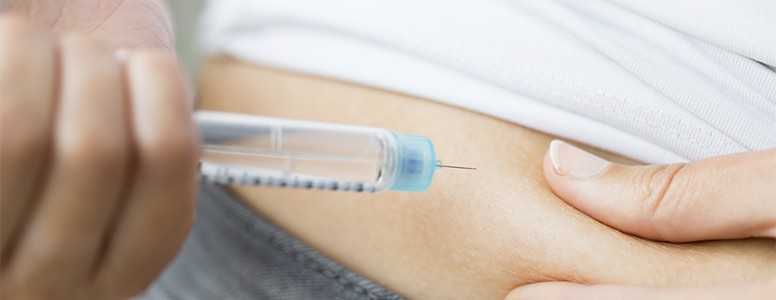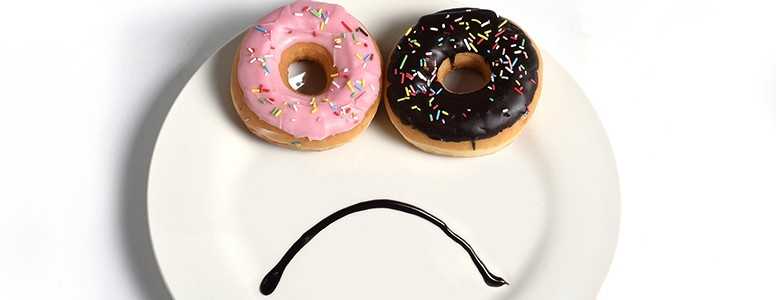Results of two clinical trials into the effects of a fasting-acting version of NovoRapid have been unveiled at the 76th annual Scientific Sessions of the American Diabetes Association (ADA).
The new insulin was tested in people with type 1 diabetes in one of the clinical trials and tested in people with type 2 diabetes in the other of the trials. Within both trials, the new faster-acting insulin aspart was compared with the standard insulin aspart that is sold as NovoRapid.
Results of the trial involving patients with type 1 diabetes (ONSET 1 trial) showed that the new, faster-acting insulin aspart reduced HbA1c levels by 1.7 mmol/mol (0.15%) compared with standard insulin aspart. The study also showed a reduction in blood glucose levels for the faster-acting insulin of 1.2% mmol/l two hours after eating and 0.7 mmol/l one hour after eating, compared to standard insulin aspart.
The results of the trial involving patients with type 2 diabetes (ONSET 2 trial) showed that the new, fasting acting insulin aspart resulted in a reduction in blood glucose levels of 0.6 mmol/l one hour after eating compared to standard insulin aspart.
In type 2 diabetes, the faster-acting insulin did not show a significant reduction in blood glucose levels two hours after eating or of a reduction in HbA1c levels. This is not surprising, however, as people with type 2 diabetes are able to produce significant quantities of their pancreas’ own insulin, which may have outweighed the effects of the faster insulin.
The study reported no significant difference in the rates of hypoglycemia or severe hypoglycemia between the faster-acting insulin aspart and the standard insulin aspart in either of the trials.
Professor David Russell-Jones primary investigator for the ONSET 1 trial, stated: “Improving [post-meal plasma glucose] control is important in achieving HbA1c targets for patients with type 1 or type 2 diabetes. Poor control of [post-meal plasma glucose] can often result in post-meal hyperglycaemia, which can have a wide-range of negative effects on patients”.
What's new on the forum? ⭐️
Get our free newsletters
Stay up to date with the latest news, research and breakthroughs.




